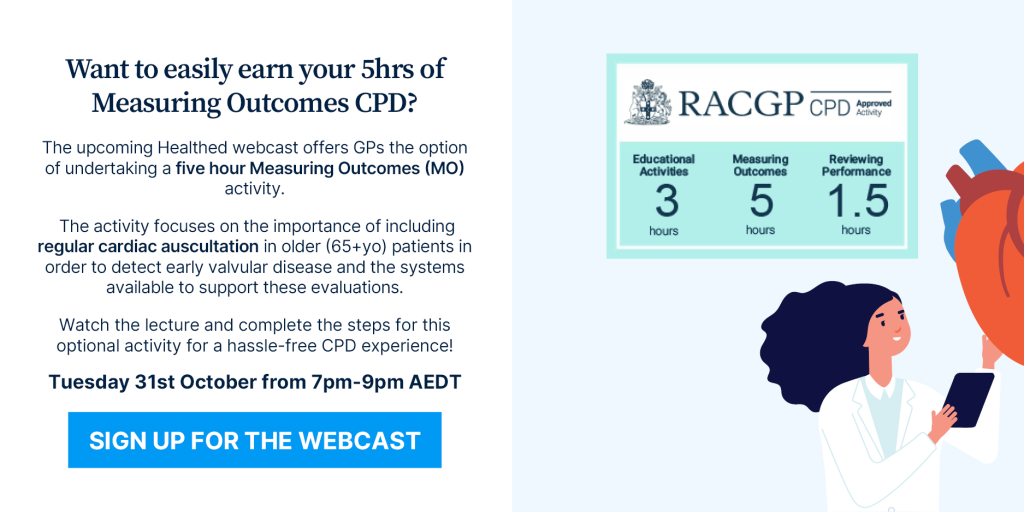Page 125 of 129
Pro-Inflammatory Gut Bacteria Levels Higher in Children with MS
 While the diversity of gut bacteria in children with multiple sclerosis appears to be no different than that of children without the condition, children with multiple sclerosis have more gut microbes linked to inflammation and fewer considered to be anti-inflammatory. This is the conclusion of a new study published in the European Journal of Neurology.
While the diversity of gut bacteria in children with multiple sclerosis appears to be no different than that of children without the condition, children with multiple sclerosis have more gut microbes linked to inflammation and fewer considered to be anti-inflammatory. This is the conclusion of a new study published in the European Journal of Neurology.
Multiple sclerosis (MS) is an autoimmune disease thought to be triggered by genetic and environmental factors, including infections.
In MS, the immune system destroys myelin – the protein insulation that surrounds the nerves of the spinal cord, brain, and optic nerve, causing the electrical impulses that travel to and from these areas to leak out.
As the disease progresses, symptoms – beginning with mild numbness in the limbs – gradually worsen, resulting in paralysis and blindness.
People with relapsing-remitting MS – the most common form of MS – experience symptom flare-ups interspersed with periods of recovery.
The human body contains 10 times more microbial cells than human cells, and over 90 percent of them live in the gut, where they help synthesize vitamins, regulate the immune system, and protect against infection… Read More>>
May 18, 2016
China, India Face Huge Mental Health Burden: Study
China and India are home to more than a third of people with mental illness, but only a tiny fraction of them receive medical help, according to studies released Wednesday.
There are more people in the world’s two most populous nations coping with mental, neurological and substance use problems than in all high-income countries combined, the research found.
That burden will become much heavier in coming decades, especially in India, where it is projected to increase by a quarter by 2025.
China, meanwhile, will struggle with the rapid rise of dementia in its greying population, a by-product in part of strict birth control policies put in place more than 35 years ago.
Neither country is adequately equipped to deal with their mental health needs, according the trio of reports, published in medical journal The Lancet and The Lancet Psychiatry to mark the launch of the China-India Mental Health Alliance.
In China, only six percent of people coping with common mental illnesses such as depression or anxiety disorders, or with substance abuse and dementia, even seek out a doctor, researchers found.
“The lack of mental health manpower in rural areas” is especially acute, explained Michael Phillips, one of the lead authors and a professor at Emory University in Atlanta and at Shanghai Jiao Tong University.
More than half of those with full-blown psychotic disorders such as schizophrenia are not diagnosed, much less cared for, he said in a statement… Read More>>
Source: Medical Xpress
Scientists Clone Zika for Vaccine Race
US scientists have cloned the Zika virus – an important step towards fast-tracking a vaccine against the disease.
The man-made copy is a replica of the strain that is spreading across the Americas and has been linked to brain deformities in newborn babies.
In tests at the University of Texas, the clone could infect mosquitoes – the carrier of Zika – and cause disease in laboratory mice.
Experts say they can use this in experiments to design a good vaccine.
It is hoped a candidate will be ready for testing in the coming months.
But it could be many years before there is a safe and effective jab that can be offered to the general public.
Zika can cause serious harm to unborn babies, but it often has no visible symptoms in the mother.
Experts say a vaccine to protect expectant women, and others at high risk of infection, is one of the most effective ways we have of beating it.
Many different research groups around the world are working to make such a vaccine… Read More>>
Source: BBC News
The Reality of IVF is Hope, Hormones and Hype
In her fiercely resolute account of an IVF journey, author Julia Leigh describes the lure of the “titanium hook”. “I only need one and it could be the next one,” she writes in Avalanche.
In that one sentence, the accomplished novelist, screenwriter and director invokes the “avalanche” of expectation that befalls many women who sign up for infertility treatment, especially those of us who jump on board in our late 30s.
At 38, Leigh and her then husband moved from waiting on the sideline to fertility tourists entering the “temple of discretion” (the waiting room) with great trepidation. And with good reason. It was the place of glossy brochures, unspoken laws and weird secrets. A place where “no-one expected or wanted” to be.
It’s the longing that Leigh carries in every cell of her body that leads them there. “Sweet purpose. Sweet dark purpose, secret of secrets. A child would save my life,” she writes… Read More>>
Source: The Sydney Morning Herald
May 12, 2016
Page 125 of 129






